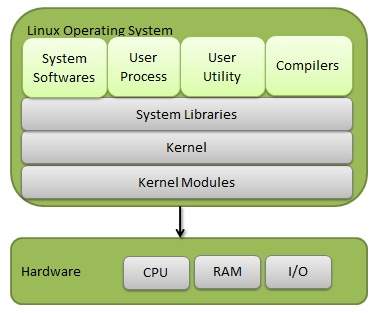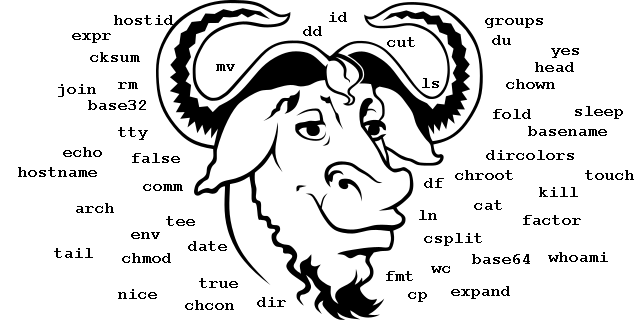Help Center
What is linux?
About Linux
Linux is an Open Source operating system – meaning that the code which comprises Linux is available to everyone to view, modify, or redistribute. It is used in everything from Android phones and Chromebooks to the network infrastructure running Facebook and Whatsapp; you’ll find it in fancy refrigerators and the wifi router at your house.
Kernel
Technically, Linux refers to the Kernel – this is a piece of software that talks to your hardware (network card, graphics card, hard drives, etc) and presents an interface for other applications to easily use that hardware. So the kernel, through various pieces of driver software, might talk to your graphics card and then present a way for a game to draw something on the screen.
That way, instead of every application needing to know how to talk to every piece of hardware, applications just need to know how to talk to the Kernel (via a System Library designed for things like networking or graphics) and then the Kernel needs to have a driver (Kernel Module) loaded so it can talk to whatever hardware is required.

Think of the Kernel like the driver of a taxi – the person riding in the taxi doesn’t need to know how to drive a car, just how to tell the taxi driver where they need to go, and the taxi driver does the rest. The rider can do this in any taxi regardless of what type of car or truck it is, because they interface with the taxi driver in the same, generic way, every time.
Distributions
Beyond the kernel, there are a set of applications referred to as GNU (the name of the legal agreement they are licensed under). Thus, it is technically more correct to say GNU/Linux than Linux when referring to the usable Operating System on which you might find yourself. These applications include things like Bash, which is the most common Command Line Interface used on Linux operating systems.

Think of distributions a bit like how there might be different brands of computers (Dell, HP, Apple) that all have Intel CPUs, or different brands of spaghetti sauce that bought their tomatoes and garlic from the same farm. With a distribution like Ubuntu or Debian or Redhat, they all share the Linux kernel and many of the same GNU tools (see above image), but they’ve each added some extra functionality to differentiate themselves.
Linux distributions are frequently built on each-other, for example Ubuntu is based on Debian, and there are specific music-production distributions based on Ubuntu. This can be represented as a tree, or in this example as a periodic table like you’d see in chemistry:



